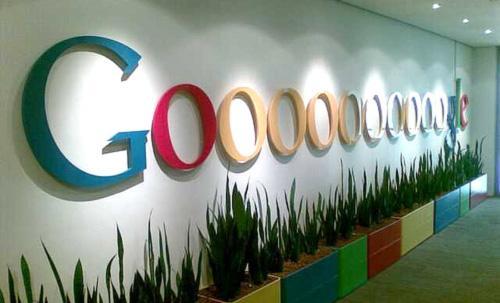
Research In Motion … where do I begin?
The makers of BlackBerry have quite the conundrum on their hands at the moment. Despite international growth and their execs believing that things are okay within the firm, the company has done nothing but slip in US market share and lose the faith of its millions of lingering supporters. Even employees from within the company have shown their lack of support with a plethora of open letters.
In light of a rather lackluster first-quarter earnings report, RIM's sixth-largest investor pulled its entire stake. Other investors and shareholders have shown great interest in splitting up RIM's pair of CEOs and co-chairmen.
Things are clearly looking overcast in Waterloo for the BlackBerry makers. But when the leader of the biggest BlackBerry tech site, Kevin Michaluk (better known as “CrackBerry Kevin”), coins the term “RIMAGEDDON,” it's easy to see that something is fundamentally wrong with the company.
Yesterday, while I was writing about celebrities still using BlackBerrys, I stumbled upon a strange and intriguing prediction made by CB Kevin (I strongly recommend reading). Whilst sipping on his “fourth pitcher of Sangria on Canada Day,” he came to the conclusion that RIM's future will ultimately play out similarly to how things went for Palm. Instead of the buyer being HP though, this time around, it may be none other than El Goog.
Talk of a RIM buyout also started to spread after the earnings report and a six-month slide in share prices. Michaluk gave ten solid reasons supporting why Google, of all companies, will buy RIM.
Many of the supporting reasons surround enterprise and security improvements that Google could definitely use at the moment. RIM has always been known for their excellent security and they have always been the go-to solution for mobile communication for businesses around the globe. Considering RIM's recently acquired QNX software – which is much more secure, the PlayBook has yet to be "rooted" – could serve as a “drop-in replacement” for Android's Linux kernel, a large bump in security would be right around the corner after purchasing RIM. Not only that, improved security and access to RIM's BlackBerry Enterprise Server would dramatically change the future and probability of Android being a viable enterprise solution.
But issues with Google's Android platform run much deeper than security and enterprise relations. Some of the greatest points of controversy comes from numerous ongoing patent battles. More specifically, Microsoft and other companies have been targeting Android for patent infringement. Not only have they pursued Google, they have been targeting the individual manufacturers for like HTC and Motorola, among many others, too. As an example, HTC has to pay Microsoft royalties for manufacturing Android phones. This has led many companies question Google's tactics and their future. If Google doesn't care to protect the manufacturers who have worked so hard and played a major part in the platform's growth, their time at the top will be very limited.
Buying RIM would land Google with a solid base of mobile patents which could turn the tide for the company and avoid any future third-party manufacturer relation struggles.
Acquiring RIM, however, isn't just about solving issues and resolving a patent war. It's about the added perks of buying a weathered mobile company that has been there and done that. Both Android and BlackBerry OS are heavily Java-based. RIM has countless top notch employees that are well versed in the Java language. Not to mention, RIM has acquired graphics company The Astonishing Tribe, whom Google already has a relationship with – TAT helped with the design of the original Android 1.0 interface. And Google's fragmentation woes could dwindle with an in-house hardware maker.
And, lastly, we must not forget that Google CEO Eric Schmidt is a (un)proclaimed BlackBerry fan (he was caught on candid camera sporting a BlackBerry, even after Android released).
Although not everyone – especially not those die hard BlackBerry fans – would be on board for a Google buyout of RIM, the benefits for Google would far outweigh the bad, and at least it would mean that some aspects of the original mobile emailing device would live on through another platform rather than disappearing forever.
We must remember that RIM is not dead yet and that there is certainly still hope for the BlackBerry makers. Their fate is up in the air; they have a shareholders vote in just over a week that could entirely change the direction of the company. This is only the beginning of a million different opinion pieces on who will or should buy RIM and the start of some major changes for the company. Is it the beginning of the end? Will Google or some other big name buy them? Only time will tell …
Image via w3lab